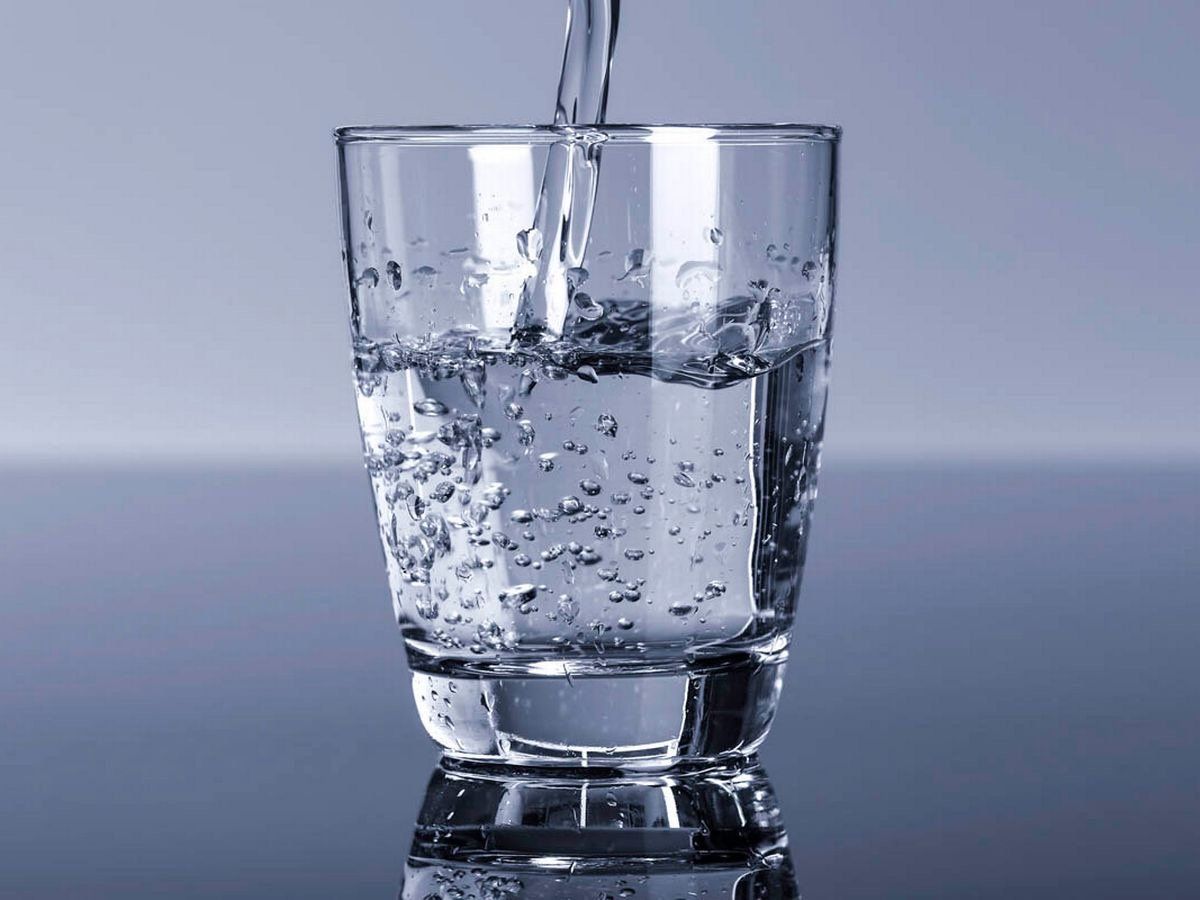3 Ways Drinking Water Helps You Lose Weight
You’ve probably heard people say that by drinking water you’ll lose weight. That’s a semi-true statement. I say semi-true because the act of drinking water won’t necessarily move the scale. But, it can support your weight loss efforts in a number of different ways. These are a few ways drinking water helps you lose weight.
Drinking water helps you feel more satisfied
Many of us often confuse thirst for hunger. As a result, we reach for extra food when really all you need to do is make sure you’re drinking water throughout the day. Try drinking at least one cup of water just before eating, then enjoy your food. You’ll be less likely to overeat that way. In general though, you should aim to drink half your body weight in water throughout the day. So if you weigh 150 pounds, your goal should be 75 ounces daily.
Drinking water helps the body remove waste
Drinking water facilitates urine production and keeps stools soft. So the more hydrated you are, the easier it is for your system to move things along. You’ll also avoid bloating and constipation. Additionally, drinking water promotes kidney function and flushes away any harmful bacteria that may be in your system.
Drinking water helps with workouts
Physical activity and weight loss go hand in hand. And water is vital for a solid workout. Drinking water helps muscles, connective tissues, and joints to move correctly. Staying hydrated also prevents muscle cramping and can minimize (or even eliminate) fatigue.
But weight loss aside, drinking water is also really good for your overall health and wellness. So give it a shot. Try drinking half your bodyweight in ounces daily for a few days and see how you feel.



